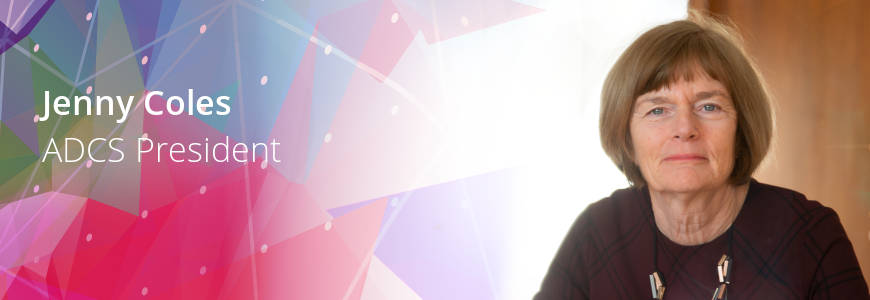Social, emotional, and mental health

The 2014 SEND reforms were ambitious, rightly raising expectations and extended entitlements to support for children with special needs and disabilities from birth up to 25 years, but for myriad reasons, they have not delivered the intended outcomes. Despite record levels of spending there is growing frustration and dissatisfaction on the ground from all sides.
Over the summer, the Department for Education has been consulting on the proposals outlined in the SEND and AP Green Paper. It’s clear the current system is not working for children or their families, schools and local government, and that we need to work together, in partnership with parents, to ensure that the new SEND system does.
Since 2014, we have seen a near doubling of children with identified special educational needs and recent estimates suggest high needs budget deficits could reach £3.6 billion by March 2025. Despite a recent injection of funding, the green paper did not acknowledge that costs are baked into the system for years to come, quite possibly until all children currently in the system reach 25 years.
The number of children who have Social, Emotional and Mental Health (SEMH) as their primary need for an EHC plan has increased significantly and we have seen a drastic increase in the number of children who require mental health support too. NHS Digital figures show that one in six children had a probable mental health disorder 2021, before we even consider the impacts of the pandemic. We need to reflect on why these numbers are rising and ask what this says about us as a society.
The SEND system is based on a medical model of disability, one which assesses and identifies the needs of children but then remain relatively fixed. It’s not clear to me that this is the right model; within any reforms that are to come, we need to support a shift in the system so the underpinning principles are around a proportionate and dynamic response. SEMH and Speech language and communication categories of special needs are, by definition mutable and improvable for many children especially where we can bring the right support and interventions around the child and family at the earliest possible stage.
I believe we should be paying serious attention to the context and environment in which our children are growing up in. How society’s norms and cultures heap expectations on children to succeed, the impact of inequalities and the ever creeping sense of doom from pandemics, climate crises, war, the cost of living crisis and more. We need to think about how we help our children to thrive in difficult and anxious times whilst not being too quick to give them a label that will stick with them and may not always be the best way to support them in the long term. As we work alongside the government and others towards a better SEND system for children this is food for thought. Ultimately, though we need a country that works for all children and families.
This colmn first appeared in CYP Now - Policy Context: Social, Emotional and Mental Health Needs | CYP Now.
Related Articles
Rachel Dickinson’s Presidential Address to the 2019 ADCS Annual Conference...
In General
The greatest opportunities to make a real and tangible difference to a child’s...
In General
Government consultation on changes to the National Transfer Scheme
In General
Due to its unfamiliarity and unpredictability, the pandemic is clearly a...
In General
Press comment on ADCS Presidential Address at the 2019 Annual Conference
In General
At some point over the next 12 months, we’ll find ourselves heading into a...
In General
Charlotte Ramsden, ADCS President, comments on a survey led by the University of...
In General
The latest available statistics, which pre-date the pandemic, show that 4.5...
In General
The spectrum of parenting programmes is broad, dealing with everything from...
In General
As a society we don’t value young people enough. When young people ‘hang...








